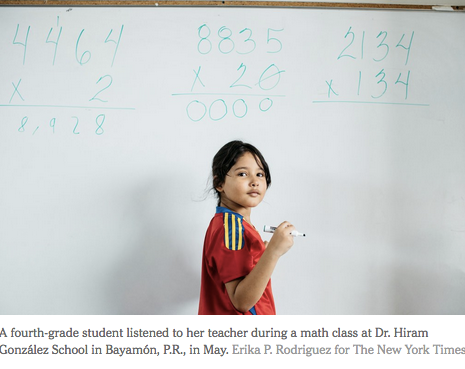Much of human progress depends on innovation. It depends on people coming up with a breakthrough idea to improve life. Think about penicillin or cancer treatments, electricity or the silicon chip.
For this reason, societies have a big interest in making sure that as many people as possible have the opportunity to become scientists, inventors and entrepreneurs. It’s not only a matter of fairness. Denying opportunities to talented people can end up hurting everyone.
If you’re a regular reader of this column, you may recognize the name Raj Chetty. He is a Stanford professor who helps lead the Equality of Opportunity Project, which I consider the most important research effort in economics today.
Chetty and his colleagues have received access to millions of anonymous tax records and have spent years analyzing them. Before, researchers had to rely on surveys, which are expensive and unreliable. (Do you know how much money your parents made when you were 10 years old?) The tax records allow for a newly detailed understanding of the paths that lives take.
The project’s latest paper, out Sunday, looks at who becomes an inventor — and who doesn’t. The results are disturbing. They have left me stewing over how many breakthrough innovations we have missed because of extreme inequality. The findings also make me even more frustrated by new tax legislation that will worsen inequality. This Congress is solving economic problems that don’t exist and aggravating those that do.




